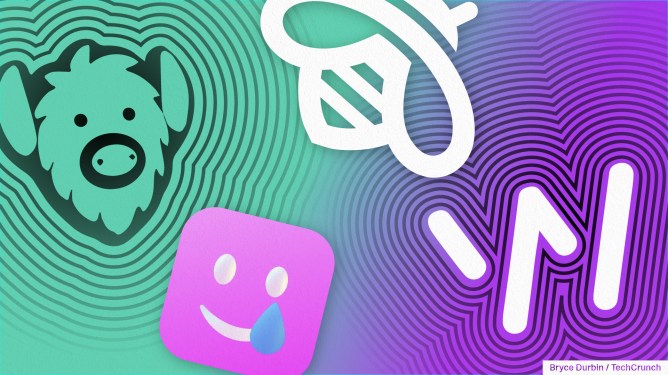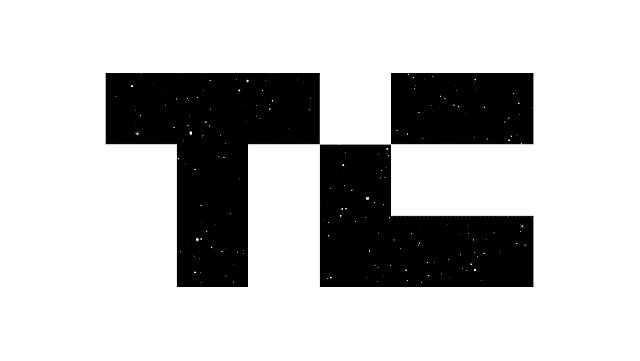A Wake-Up Call for Universities and Parents
Anonymous social apps have been a thorn in the side of universities and parents alike, with their toxic content and reckless disregard for user well-being. The University of North Carolina (UNC) System President Peter Hans has taken a bold step by announcing a plan to block these apps from operating on campus, impacting 16 universities and one public residential high school within the UNC system.
The Reason Behind the Ban
Hans’ decision is not taken lightly. The four anonymous social apps in question – Yik Yak, Fizz, Whisper, and Sidechat – have been linked to a plethora of issues, including harassment, bullying, and hate speech. In fact, some universities have already taken action against these apps, with Harvard reaching out to Sidechat over student reports of antisemitic posts on its platform.
The Stats: A Growing Problem
While the number of users for these apps may seem small compared to more popular social media platforms, they still have a significant foothold among younger users. According to data from app intelligence firm AppFigures:
- Yik Yak has over 3.5 million iOS installs since 2021, almost entirely in the U.S.
- Sidechat has roughly 334,700 iOS installs (92.8% are in the U.S.)
- Whisper has 761,044 Android installs (and 4.2M since 2017)
- Fizz has 583,318 iOS installs
A Call to Action for Parents and Universities
The ban on these apps is a welcome move, but it’s only a first step. Parents and universities must work together to ensure that students are not exposed to toxic content and harassment online.
Here are some steps you can take:
- Monitor your child’s social media activity: Keep an eye on their online interactions and report any suspicious behavior.
- Educate yourself about online safety: Learn about the different types of online threats and how to protect yourself and your loved ones.
- Encourage open communication: Talk to your child about their online experiences and listen to their concerns.
The Future of Anonymous Social Apps
As the world becomes increasingly digital, it’s essential to address the problems posed by anonymous social apps. While some argue that these platforms provide a necessary outlet for users, others contend that they create more harm than good.
The question remains: can we find a balance between freedom of expression and user safety? Only time will tell.









